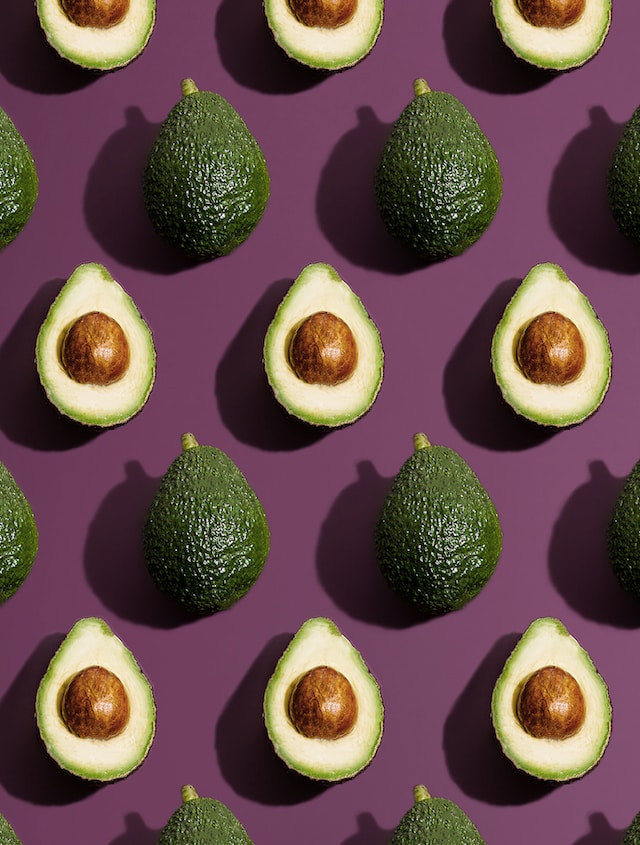관심 있는 상품에 대한 기사를 찾아보세요
4668개의 콘텐츠 검색됨
오피니언
전문가 오피니언과 인사이트를 통해 네덜란드 과일의 최신 농업 주제를 발견하세요. 이는 전 세계 시장 분석가 팀이 제공합니다.
현지 업데이트
현장 전문가의 통찰력으로 제공되는 거의 실시간 업데이트를 통해 네덜란드 과일의 시장 상황, 공급망 중단, 가격 변동에 대한 정보를 얻으세요.
뉴스
정책 변화, 비즈니스 통찰, 기술 혁신 및 네덜란드 과일에 영향을 미치는 시장 동향을 다루는 최신 농업 뉴스를 통해 최신 정보를 얻으세요.
주간 상품 업데이트
전문 글로벌 분석가가 제공하는 네덜란드 과일 주제 및 주요 상품에 대한 프리미엄 주간 업데이트를 받아보세요.
리포트
네덜란드 과일의 주요 트렌드, 새로운 기회, 그리고 중요한 문제를 다루는 상세 리포트를 심층 분석하세요.
인기 주제
네덜란드 과일의 주요 이슈와 관련된 기사를 탐색할 주제를 선택하세요.

시장 동향 및 가격
귀하의 비즈니스에 영향을 미치는 지역 및 글로벌 농업 시장 동향, 가격 변동 및 산업 이벤트에 대한 정보를 유지하십시오

지속 가능성 및 환경 영향
지속 가능한 농업 관행에 대한 통찰력을 얻고 귀하의 농업 비즈니스에서 환경 영향을 최소화할 수 있는 최상의 방법을 탐구하십시오

규정 및 규정 준수
세계 농업 무역에 영향을 미치는 주요 무역 정책, 법적 요구 사항 및 준수 고려 사항에 대해 알아보세요

혁신 및 기술
최신 기술 혁신이 전 세계 농식품 공급망을 어떻게 재구성하고 있는지 알아보세요

공급망 관리
농식품 공급망 전반에 걸쳐 효율성을 개선하고 비용을 절감하며 운영을 간소화하는 검증된 전략을 발견하세요

떠오르는 시장 기회
새로운 시장 기회를 가장 먼저 탐색하고 그것이 귀하의 농업 비즈니스에 어떻게 영향을 미칠 수 있는지 이해하십시오

식품 안전 및 품질
생산 및 가공에서부터 저장 및 운송에 이르기까지 공급망 전반에 걸쳐 식품 안전 및 품질 관리를 위한 세계 최고의 관행을 배우세요
과일의 상품
네덜란드 과일 카테고리 내 다양한 하위 카테고리를 둘러보세요. 하위 카테고리를 클릭하여 귀하의 비즈니스 요구에 맞춘 큐레이션된 인사이트를 발견하세요.
과일의 카테고리
네덜란드 과일에 대한 관련 카테고리를 클릭하세요. 비즈니스 요구 사항을 충족하도록 특별히 설계된 통찰력 모음을 읽으려면 카테고리를 클릭하세요.
'쿠키 허용'을 클릭하면 통계 및 개인 선호도 산출을 위한 쿠키 제공에 동의하게 됩니다.
개인정보 보호정책에서 쿠키에 대한 자세한 내용을 확인할 수 있습니다.




















